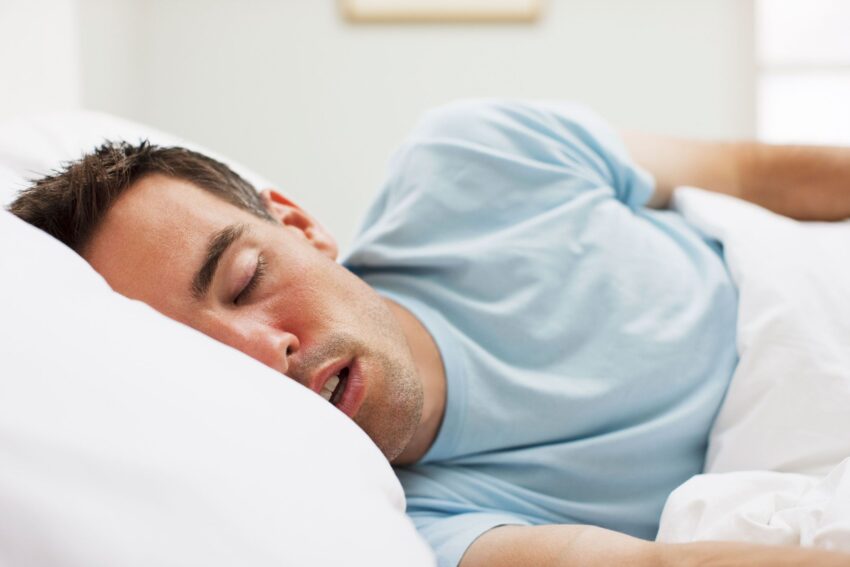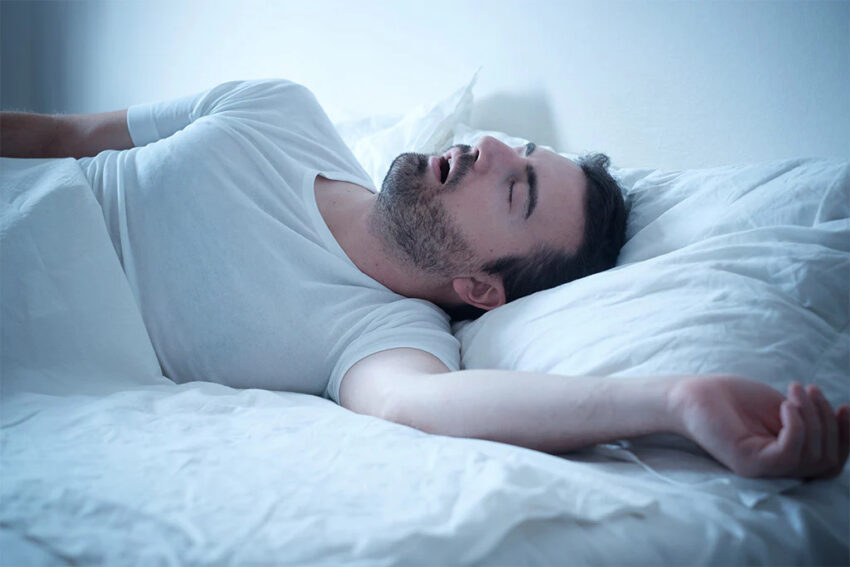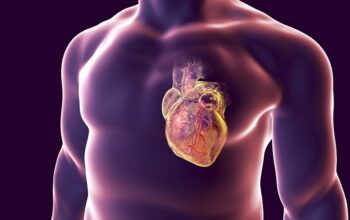Sleep apnea is a sleep disorder that affects millions of people, particularly men. It’s characterized by interrupted breathing during sleep, leading to snoring, gasping, and other breathing difficulties. Sleep apnea can cause daytime fatigue, irritability, and other health issues if left untreated. While medical treatments are available, there are also natural remedies that men can try at home to improve their sleep quality. In this article, we’ll explore some of the most effective home remedies for sleep apnea in men.
Understanding Sleep Apnea in Men

Before delving into the remedies, it’s important to understand what causes sleep apnea in men. Sleep apnea can be caused by a variety of factors, including:
- Excess weight and obesity
- Smoking and alcohol consumption
- Age (men over 40 are more likely to have sleep apnea)
- Genetics and family history
- Chronic nasal congestion and allergies
- Sleeping position and habits
Understanding the underlying cause of sleep apnea can help men tailor their remedies to their specific needs.
Home Remedies for Sleep Apnea in Men
-
Maintain a Healthy Weight
Excess weight and obesity are major risk factors for sleep apnea. Men who are overweight should focus on losing weight through a healthy diet and regular exercise. Losing just 10% of body weight can significantly reduce sleep apnea symptoms.
-
Sleep on Your Side
Sleeping on your back can exacerbate sleep apnea symptoms. Men should try sleeping on their side instead, which can help keep the airways open and reduce snoring.
-
Avoid Alcohol and Smoking
Alcohol consumption and smoking can relax the muscles in the throat, leading to breathing difficulties during sleep. Men should avoid drinking alcohol and smoking before bed to reduce sleep apnea symptoms.
-
Use a Humidifier
Dry air can irritate the airways and exacerbate sleep apnea symptoms. Using a humidifier in the bedroom can help keep the air moist and reduce snoring and other breathing difficulties.
-
Practice Yoga and Breathing Exercises
Yoga and breathing exercises can improve lung function and help men breathe more easily during sleep. Simple exercises like deep breathing, diaphragmatic breathing, and alternate nostril breathing can be effective in reducing sleep apnea symptoms.
-
Elevate Your Head
Elevating the head during sleep can help reduce snoring and improve breathing. Men can try using a wedge pillow or raising the head of the bed to achieve this effect.
-
Try Essential Oils
Essential oils like lavender, peppermint, and eucalyptus can help reduce nasal congestion and improve breathing during sleep. Men can try using a diffuser or adding a few drops of essential oil to a warm bath before bed.
-
Avoid Heavy Meals Before Bed
Eating heavy meals before bed can increase the risk of acid reflux and other breathing difficulties during sleep. Men should avoid heavy meals and spicy foods before bed to reduce sleep apnea symptoms.
-
Use Nasal Strips
Nasal strips can help open up the nasal passages and reduce snoring and breathing difficulties during sleep. Men can try using nasal strips before bed to improve their sleep quality.
-
Manage Stress
Stress and anxiety can make sleep apnea symptoms worse. Men should try managing stress through techniques like meditation, deep breathing, and relaxation exercises.
Conclusion
Sleep apnea can be a challenging sleep disorder, but there are effective home remedies that men can try to improve their sleep quality. Maintaining a healthy weight, sleeping on your side, avoiding alcohol and smoking, using a humidifier, practicing yoga and breathing exercises, elevating your head, trying essential oils, avoiding heavy meals before bed, using nasal strips, and managing stress can all help reduce sleep apnea symptoms and improve sleep quality. However, it’s important to note that these remedies are not a substitute for medical treatment, and men with severe sleep apnea should seek medical advice from a qualified healthcare professional.




